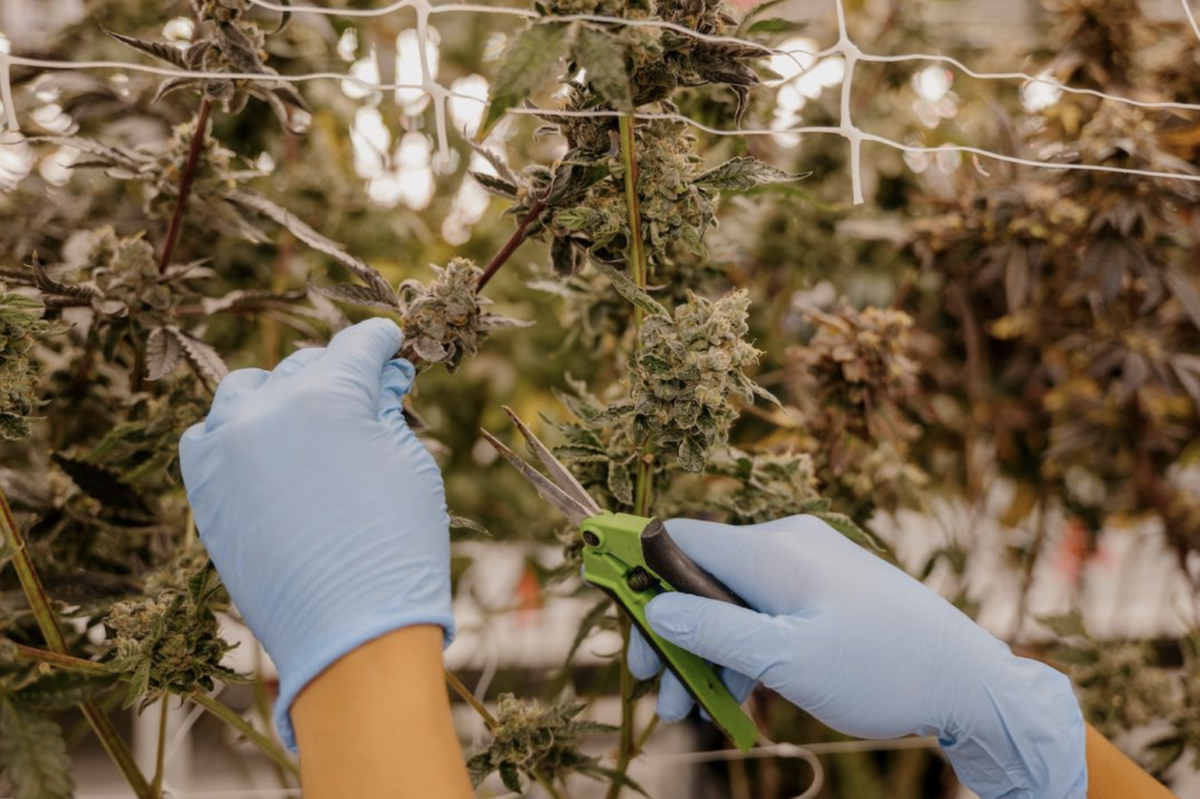Mississippi Medical Cannabis Laws Guide

Mississippi voters have voiced their support for medical cannabis, leading to the establishment of a program designed to provide relief for those with qualifying conditions. The Mississippi Medical Cannabis Act, enacted on February 2, 2022, represents this commitment, blending patient needs with regulatory oversight.
Legalization and Regulatory Framework
The Mississippi Legislature’s passage of the Mississippi Medical Cannabis Act (SB 2095) signals a pivotal step in healthcare options for those in need of alternative therapies. With the act’s passage, a comprehensive medical cannabis program is taking shape, designed to facilitate broad patient access while enforcing regulatory measures.
This legislative framework sets forth detailed parameters that regulate the cultivation, distribution, and consumption of medical cannabis, ensuring that the state’s approach is both patient-focused and compliant with established legal standards.
The act meticulously outlines the operational boundaries within which cultivators, dispensaries, and consumers must operate, ensuring that the entire process, from seed to sale, upholds the integrity of the medical objectives and the safety of Mississippi residents.
Qualifying Medical Conditions
Participation in Mississippi’s medical cannabis program is contingent upon a confirmed diagnosis of a qualifying medical condition, officially certified by a healthcare professional with whom patients maintain a bona fide relationship.
This certification is not a mere formality; it’s a testament to a genuine therapeutic need, backed by professional medical evaluation. The range of conditions deemed eligible extends beyond the most commonly known ones such as cancer, Parkinson’s, and glaucoma to also encompass conditions like chronic pain unresponsive to traditional opioid treatment.
This inclusive list ensures that patients with diverse and complex health challenges can seek and potentially find solace in the therapeutic benefits of medical cannabis, administered under the guidance and supervision of a compassionate healthcare provider who is intimately familiar with their medical history.
Patient Rights and Responsibilities
Upon successful registration, patients in Mississippi’s medical cannabis program receive an identification card, which incurs a fee of $25 and requires annual renewal, ensuring continued compliance and up-to-date records.
For younger patients, specifically those between 18 to 23 years old, the process is more stringent, necessitating certifications from two distinct healthcare practitioners to foster a controlled and responsible use of medical cannabis.
The Act meticulously specifies the responsibilities for all registered patients, mandating strict adherence to set possession and purchase limits. These regulations are in place not just to uphold the law but also to ensure that the use of medical cannabis remains within the therapeutic context, safeguarding both the patients and the community at large.
Dispensary Regulations
Dispensaries in Mississippi are required to adhere to a comprehensive set of licensing requirements, which are rigorously enforced to maintain the highest standards of safety and quality.
They must also comply with detailed location and operational regulations, designed to integrate these facilities seamlessly into the community while ensuring product integrity and secure access for patients.
Although this article concentrates on educating patients, understanding that dispensaries operate within a tightly regulated framework offers additional peace of mind.
These regulations govern everything from the sourcing and handling of cannabis to the training and certification of staff, all aimed at providing patients with reliable and effective medical cannabis treatments in a safe environment.
Cultivation and Production
The Mississippi Medical Cannabis Act establishes a comprehensive licensing system encompassing a range of business operations, from dispensaries to cultivation and processing facilities. The absence of a cap on the number of business licenses issued fosters a competitive market landscape, which can lead to better services and product selections for patients.
This strategic approach to licensing is designed to remove unnecessary barriers to market entry, encouraging innovation and quality in the medical cannabis industry. By not limiting licenses, the state ensures that patients have ample access to medical cannabis, potentially driving down costs while elevating the standard of care and product availability.
Such a competitive environment not only benefits patient access but also stimulates industry growth and ensures that a variety of therapeutic cannabis options are available to meet diverse patient needs.
Physician Involvement
Healthcare professionals are integral to the medical cannabis program in Mississippi, tasked with the crucial role of evaluating patients in person. They must not only determine if a patient would benefit from medical cannabis but are also responsible for an ongoing assessment, requiring a follow-up within six months of the initial consultation.
Furthermore, these professionals are mandated to partake in continuous education regarding medical cannabis, ensuring they remain informed on the latest research, best practices, and legal requirements.
This educational component is vital, as it ensures that healthcare providers can offer informed, up-to-date advice and care to their patients considering or currently benefiting from medical cannabis treatments.
Possession Limits and Consumption Regulations
Patients are limited to purchasing six Medical Cannabis Equivalency Units (MCEUs) per week, and possessing no more than 28 MCEUs at any time. Consumption is regulated, prohibiting use in motor vehicles, public spaces, and by those under the influence while operating heavy machinery.
Legal Protections for Patients
Patients are afforded protections against discrimination in child custody disputes and in reference to gun rights. Non-residents may register for medical cannabis use in Mississippi under specific conditions.
Potential Legal Challenges
While the Act provides protections, patients may face challenges, such as navigating the consumption regulations or managing legal issues related to medical cannabis use.
Future Developments
The Act may undergo amendments, and any changes to the law could impact patients and the medical cannabis industry. It’s essential for patients to stay informed of potential developments.
Conclusion
Mississippi’s Medical Cannabis Act offers a new avenue for patients seeking relief through medical cannabis. As you navigate this new landscape, it’s important to stay informed and actively participate in the evolving conversation surrounding medical cannabis rights in the state.
